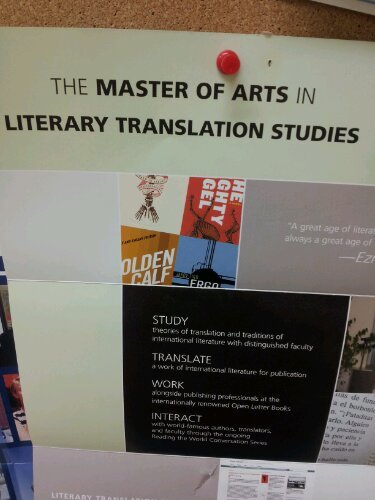I hate Amy Chua, a notorious child abuser, with a fiery passion but it seems like some smart Jew let her add her name to his on a very interesting article*. It is titled “What Drives Success?” and discusses the differences in achievement between various immigrant groups. I’m an immigrant from a traditionally under-performing group, so obviously the subject interests me.
The article shares some very interesting information about the high levels of attainment among different groups. Here are some facts that I found interesting:
For the 2013 school year, Stuyvesant High School offered admission, based solely on a standardized entrance exam, to nine black students, 24 Hispanics, 177 whites and 620 Asians. Among the Asians of Chinese origin, many are the children of restaurant workers and other working-class immigrants.
Good for you, Chinese Asians! This success is of great interest to me because my immigrant community is in many ways similar to the Chinese-American (a closed, very insular community, a history of living in a Communist regime, a harder time inscribing ourselves into our new societies. And we also have a lot of Amy Chua type of child abuse.) Still, we don’t get to Stuyvesant in massive numbers if there is no chance of bribing one’s way in.
And here is more interesting stuff:
Nigerians make up less than 1 percent of the black population in the United States, yet in 2013 nearly one-quarter of the black students at Harvard Business School were of Nigerian ancestry; over a fourth of Nigerian-Americans have a graduate or professional degree, as compared with only about 11 percent of whites.
Yes, this is an immigrant community that consists of scarily brilliant people. But I didn’t know they were doing this well.
The article also discusses the success of Cuban-Americans but that is something very easy to understand. The people who flee a Communist revolution are always the most brilliant, enterprising, self-reliant, non-conformist, and likely to succeed everywhere. Within a couple of generations, a Communist system stomps all of these qualities out and we get the Russian-speaking immigrants who aren’t saved from being passive, sullen, under-achieving, and on the perennial hunt for handouts even by being, for the most part, Jewish.
Of course, it is obvious to everybody that these differences are in no way in-born:
Group success in America often tends to dissipate after two generations. . . The fact that groups rise and fall this way punctures the whole idea of “model minorities” or that groups succeed because of innate, biological differences. Rather, there are cultural forces at work.
*If this comment bothered you, ask yourself why child abuse seems less important than the possibility that somebody is not very nice to an adult. And yes, I know Rubenfeld is her husband, this in no way changes the facts.
[To be continued. . .]
